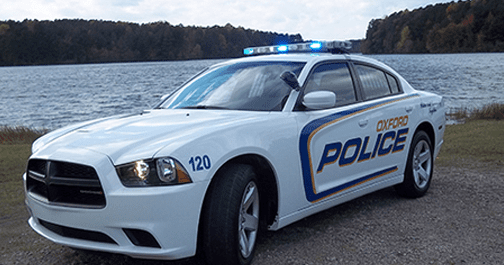Now that Memorial Day has passed, many homeowners with in-ground or above-ground backyard pools have turned their attention to getting conditions right for summertime water fun. N.C. Agriculture Commissioner Steve Troxler is encouraging pool owners to conduct a little “citizen science” to help identify certain invasive, nonnative pests that can wreak havoc on agricultural systems and forests.
“Two more nonnative invasive pests are at North Carolina’s doorstep – the Asian longhorned beetle recently found in South Carolina and the spotted lanternfly recently found in Virginia,” Troxler said in a press release. “Both insects could cause devastating losses to North Carolina’s forests, agriculture and landscapes.”
‘Poolside Pests’ is a program aimed at increasing awareness of Asian longhorned beetle and spotted lanternfly and is so named because these pests are attracted to water and may be found in pools and pool filters. Pools across the state can serve as traps for these pests and North Carolinians are encouraged to report the pests if they see them. Early detection is critical because management tactics are most successful when a new invasion is detected and reported quickly.
While the ‘Poolside Pests’ program targets pool owners and managers, it’s important that everyone keeps an eye out because these insects can be found anywhere.
The Asian longhorned beetle is native to Asia and was first found in the U.S. in the mid-‘90s in New York. It has recently been found in the South for the first time and is much closer to North Carolina than ever before. It attacks many species of hardwood trees but prefers maple.
The spotted lanternfly is native to Southeast Asia and was first found in the U.S. in Pennsylvania in 2014. It is quickly expanding its range and, in 2018, was detected in Virginia and continues to spread toward North Carolina. It is a significant nuisance pest and a major pest of agriculture, specifically grapevines, fruit trees, hops, and many tree species.
All North Carolinians are encouraged to learn how to recognize and report these pests, by going to https://www.poolsidepests.com/. If you suspect you have found one of these pests, click on the Report a Pest link on the page.
‘Poolside Pests’ is a collaborative effort between the Plant Industry Division, N.C. Forest Service and N.C. State University Cooperative Extension.


















